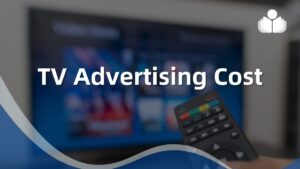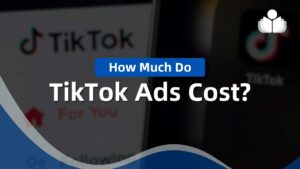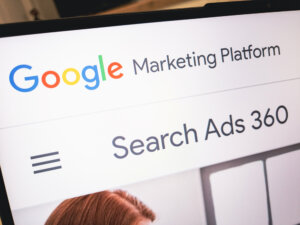When you hear the word “Free”, do you think, “Oh really? What’s the catch?”
When sellers are indeed offering buyers a bonus, “free” is a powerful draw. But when companies use “free” as a deceptive come-on, they can find themselves in legal hot water.
Fast-talking Telemarketers – Not so Free
Law enforcement actions by the Federal Trade Commission (FTC) highlight the importance of caution when using the word “free” in advertising. In a case brought with the Kentucky Attorney General, the FTC alleged that the defendants – claiming to be calling from major retailers or the consumer’s credit card company – offered what they said were “free” gift cards or resort vacations. The defendants then used a variety of shady tactics to trick people into saying the word “yes,” which the defendants then used as their purported billing authorization.
In some cases, the defendants told consumers they had to confirm their acceptance of the free products. In other instances, they asked people to listen to a “pretend” telemarketing pitch, answer “yes” when prompted, and then rate the caller’s sales skills. According to the FTC, fast-talking telemarketers raced through the pitch so rapidly that many consumers didn’t realize they’d agreed to buy products. To add legal insult to financial injury, the defendants charged consumers’ credit cards or debited their bank accounts without permission and never sent the “free” goods as promised. The upshot? Settlements with all but one defendant, tough injunctive terms, and a $5 million performance bond.
“Free Sample” Case Example
In two other FTC actions, dietary supplement marketers lured consumers to their websites by offering “free” samples of products for weight loss or to treat sexual dysfunction. According to the FTC, to get the samples, consumers had to give a credit card number to cover shipping and handling. Once the defendants had the account numbers, they enrolled unsuspecting consumers in continuity programs, charging them for additional unauthorized shipments. In addition to injunctive provisions, the settlements impose judgments totaling $10.3 million and require the companies to disgorge more than $600,000 in cash.
What tips can marketers take from these cases?
- “Free” means free. Don’t make an unqualified “free” claim when you really mean “free for now, but we’ll bill you later” or “free, plus additional fees.”
- Dial back on deception. The Telemarketing Sales Rule outlines specific requirements for “free” offers made by phone. Read Complying with the Telemarketing Sales Rule, available at business.ftc.gov, to keep your claims compliant.
- Negative (option) feedback. Whether you call it a continuity program, a free-to-pay conversion, or advanced consent marketing, take particular care to explain the terms of negative option plans before you seal the deal. Promoting a product as “free” and then burying the details in a fine-print footnote or through an obscure hyperlink is likely to draw customer ire and law enforcement attention. Check out Negative Options, an FTC staff report, to find out how to do the deal right.
Do you have examples to share?
(Thanks to Lesley Fair – an attorney in the FTC’s Bureau of Consumer Protection.)
——————
For more resources, see our Library topics Marketing and Social Networking.
.. _____ ..
ABOUT Lisa M. Chapman:
Ms. Chapman’s new book has a name change! The Net-Powered Entrepreneur – A Step-by-Step Guide will be available very soon. With offices in Nashville Tennessee, but working virtually with international clients, Lisa M. Chapman serves her clients as a business and marketing coach, business planning consultant and social media consultant. As a Founder of iBrand Masters, a social media consulting firm, Lisa Chapman helps clients to establish and enhance their online brand, attract their target market, engage them in meaningful social media conversations, and convert online traffic into revenues. Email: Lisa @ LisaChapman.com
 Sections of this topic
Sections of this topic















